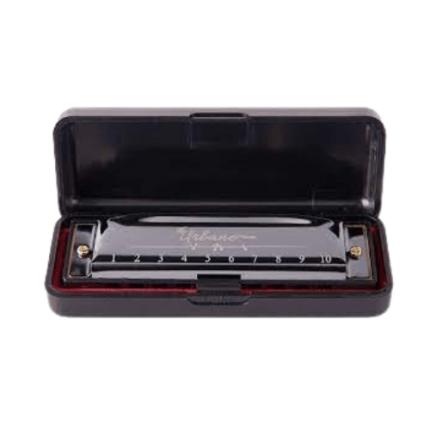An IP (Internet Protocol) camera is a type of digital video camera that receives and sends video data via an IP network. Unlike traditional analog CCTV cameras, IP cameras do not require a local recording device, such as a DVR, but can stream directly to network-attached storage devices, computers, or cloud storage. Here are the key features and functions of IP cameras:
1. **Digital Transmission**: IP cameras convert video footage into digital signals for transmission over an IP network. This ensures higher quality video and more efficient data transmission.
2. **High-Resolution Imaging**: Many IP cameras support high-definition video, with resolutions ranging from 720p to 4K, providing clearer and more detailed images compared to analog cameras.
3. **Remote Access**: Users can access the camera’s live feed and recorded footage from anywhere in the world via the internet, using a computer, smartphone, or tablet. This is typically facilitated through a web browser or a dedicated app.
4. **Wireless Connectivity**: While some IP cameras require wired connections, many models support Wi-Fi, reducing the need for extensive cabling and allowing more flexible installation options.
5. **Power over Ethernet (PoE)**: PoE technology allows the camera to receive both power and data through a single Ethernet cable, simplifying installation and reducing the need for additional power supplies.
6. **Motion Detection and Alerts**: IP cameras often come equipped with motion detection capabilities, triggering recording and sending notifications to users when movement is detected. Some models also include advanced features like facial recognition and activity zones.
7. **Two-Way Audio**: Many IP cameras have built-in microphones and speakers, enabling two-way audio communication. This is useful for applications such as video doorbells or intercom systems.
8. **Night Vision**: Infrared LEDs enable IP cameras to capture clear video in low light or complete darkness, making them suitable for 24/7 surveillance.
9. **Storage Options**: IP cameras offer various storage solutions, including local storage on SD cards, network-attached storage (NAS), or cloud storage services. This provides flexibility in managing and accessing recorded footage.
10. **Security Features**: To protect against unauthorized access, IP cameras often incorporate encryption and secure authentication methods, ensuring that video streams and stored data remain private and secure.
IP cameras are widely used in residential, commercial, and industrial settings for security, monitoring, and surveillance purposes. Their advanced features and ease of use make them a popular choice for modern video surveillance systems.










Reviews
Clear filtersThere are no reviews yet.